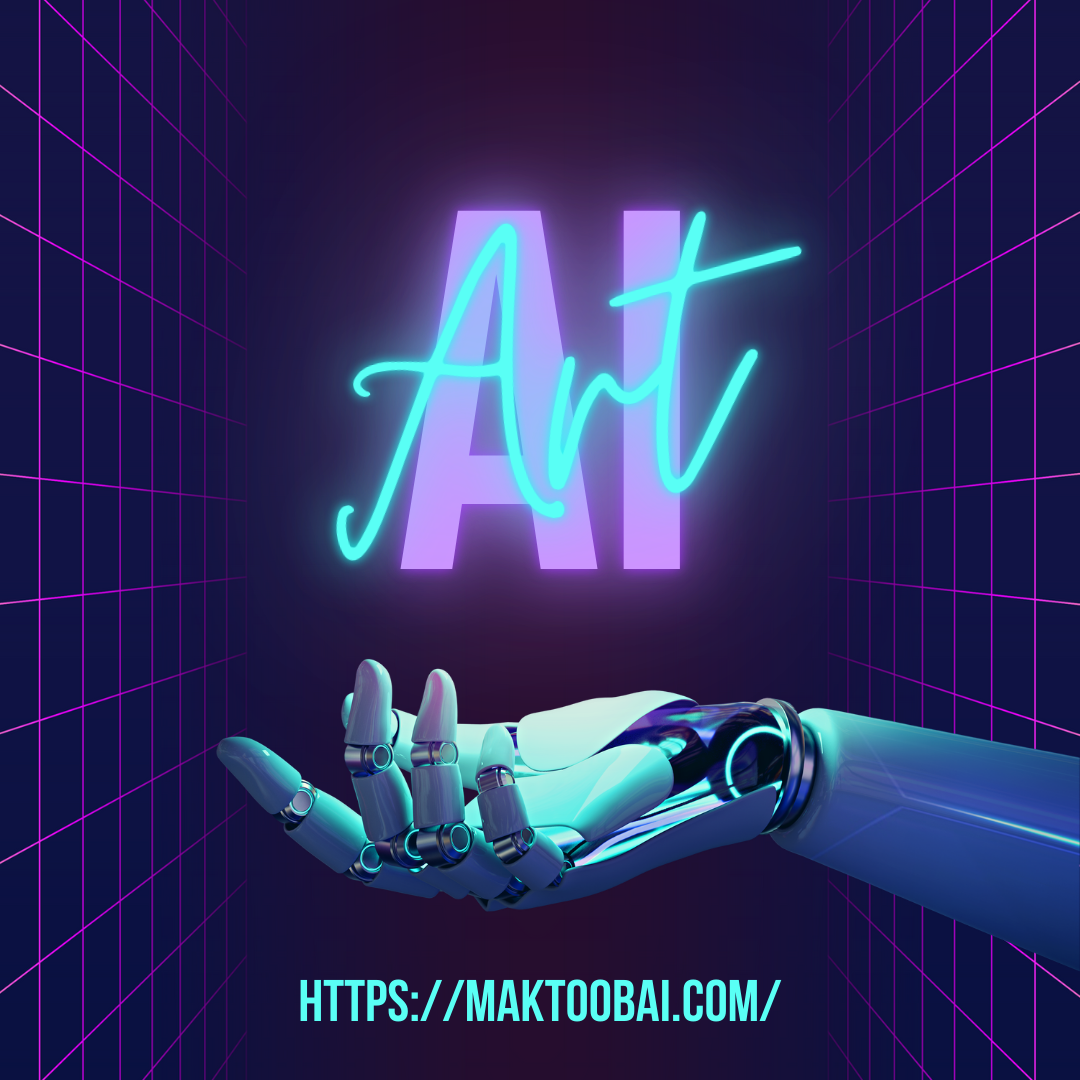While artificial intelligence (AI) holds immense promise for creating more inclusive and accessible education, it also raises important ethical considerations that must be addressed to ensure responsible use. As AI becomes more integrated into educational systems, educators, policymakers, and technologists must be mindful of issues related to privacy, equity, transparency, and the potential for unintended biases.
Data Privacy and Security
AI-powered educational tools rely on vast amounts of data to function effectively. These tools often collect data on students’ performance, behavior, and learning patterns to provide personalized learning experiences. While this data is valuable for tailoring education, it also raises concerns about privacy and security.
The collection and storage of sensitive student data, including personal information and academic records, must be done with strict adherence to privacy laws and regulations. Breaches of this data could lead to serious consequences, such as identity theft or the unauthorized use of student information. Schools and educational institutions must implement robust security measures to safeguard data, ensuring that it is protected from cyberattacks or misuse.
Moreover, there must be clear guidelines on how student data is collected, who has access to it, and how it is used. Transparency is crucial in ensuring that students and parents understand the purpose of data collection and have control over their personal information. Consent should be obtained before collecting and using student data, and individuals should have the right to request the deletion of their information if they choose.
Algorithmic Bias and Fairness
AI systems are only as unbiased as the data on which they are trained. One of the key ethical challenges in AI is the potential for algorithmic bias, which can perpetuate or even exacerbate existing inequalities in education. If the data used to train AI models reflects historical biases or social inequalities, the AI system may produce biased outcomes.
For instance, an AI-driven admissions system might favor students from certain socio-economic backgrounds or regions based on biased historical data, leading to unfair access to educational opportunities. Similarly, AI grading systems could inadvertently disadvantage students from underrepresented groups if the training data does not adequately represent their learning styles or contexts.
To address this issue, AI developers and educators must prioritize fairness and inclusivity in the design and implementation of AI systems. This includes using diverse datasets, regularly auditing AI models for bias, and involving a wide range of stakeholders in the development process. It is essential to ensure that AI systems do not replicate or amplify existing inequalities but instead promote equity in education.
Transparency and Accountability
Another critical ethical concern is the transparency of AI systems in education. AI algorithms can be complex and difficult to understand, which raises concerns about the “black box” nature of AI decision-making. When AI systems are used for high-stakes decisions, such as student admissions, grading, or personalized learning pathways, it is essential to ensure that these decisions are transparent and explainable.
Students, parents, and educators should have a clear understanding of how AI systems work, what data they use, and how decisions are made. This transparency is crucial for building trust in AI systems and ensuring that individuals can challenge or appeal decisions they believe are unfair.
Additionally, accountability mechanisms must be established to address errors or biases in AI systems. If an AI tool makes a mistake or produces a biased outcome, there should be a clear process for identifying the issue, rectifying it, and ensuring that it does not happen again. Educational institutions and AI developers must be held accountable for the ethical use of AI in education.
Teacher-Student Relationship and Human Oversight
While AI can enhance the learning experience and assist educators in various tasks, it should not replace the human element of education. The teacher-student relationship is a fundamental aspect of learning that fosters emotional, social, and intellectual development. Over-reliance on AI in education could lead to a reduction in meaningful interactions between teachers and students.
Human oversight is crucial to ensure that AI tools are used appropriately and ethically. Teachers should play a central role in guiding AI-driven learning experiences, making informed decisions about when and how to use AI tools to support their students. AI should be seen as a tool to enhance, not replace, the personalized attention and care that teachers provide to their students.
Accessibility vs. Digital Divide
While AI has the potential to make education more inclusive and accessible, it also risks exacerbating the digital divide if not implemented carefully. Many AI-driven educational tools require access to technology, such as computers, tablets, or reliable internet connections. In regions where access to technology is limited, the use of AI in education could deepen existing educational disparities.
To address this issue, governments and educational institutions must invest in infrastructure that ensures all students have equal access to the necessary technology. This includes providing affordable devices, expanding internet connectivity in rural and underserved areas, and offering training programs to help students and educators effectively use AI tools.
Conclusion
The integration of AI into modern education offers significant opportunities for improving accessibility, personalization, and inclusivity. However, these advancements come with ethical responsibilities that must be carefully considered. Ensuring data privacy, addressing algorithmic bias, promoting transparency, and maintaining human oversight are critical steps in harnessing AI responsibly in education. By addressing these ethical concerns, AI can become a powerful tool for creating a more equitable and inclusive educational system for all.


